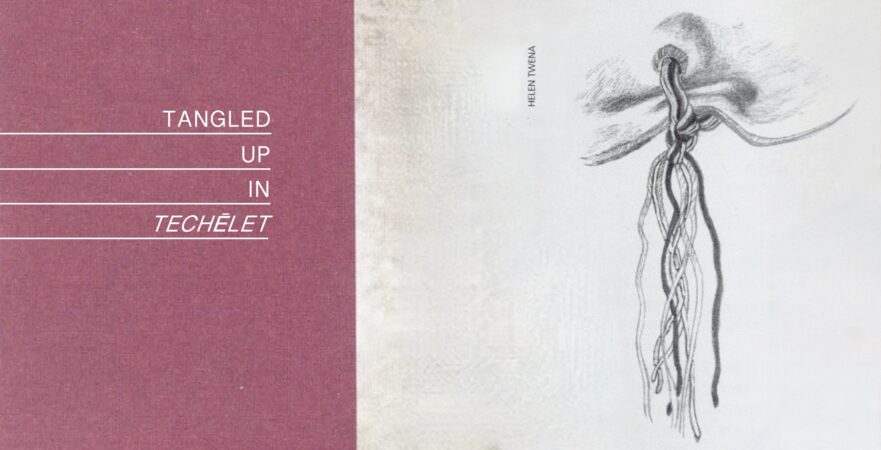Although the wearing of tzitzit is enjoined in Scripture, we do not find records of its actual observance until the Second Temple period.
The Historical Jesus, a Tanna? Charity and Deeds of Loving-Kindness in the Gospels and Early Rabbinic Thought

When nearly precise rabbinic parallels to stories and sayings in the Gospels exist, it may indicate that the Gospels are preserving traditions of the early Jesus movement and, perhaps, the historical Jesus.
The Value of Rabbinic Literature as an Historical Source
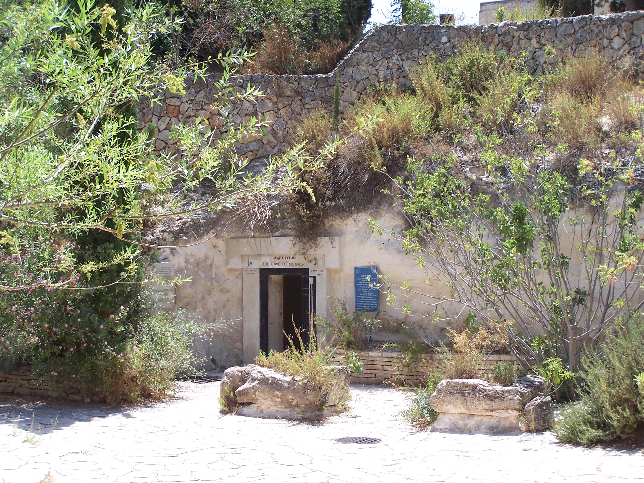
The thesis of this article is that rabbinic sources, when used in a careful manner, can provide reliable historical material pertaining to the Second Temple period. If this thesis is accepted, the consequences for the study of the New Testament Gospels are obvious.
Jesus’ Jewish Command to Love

Jesus’ command to “love your enemies” was revolutionary! No one before him dared to raise such a high standard for the life of faith.
Were Women Segregated in the Ancient Synagogue?
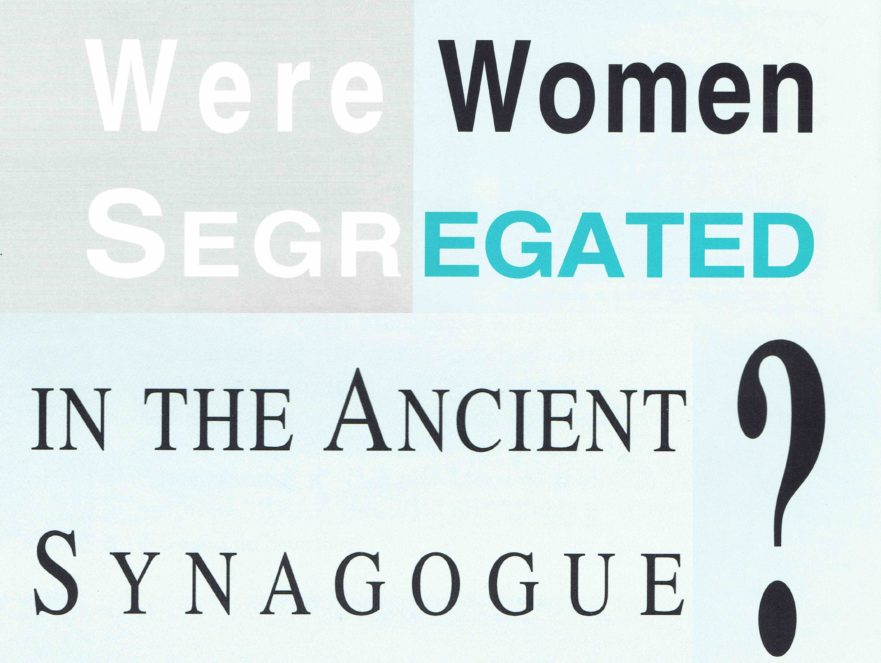
Did women play a passive role in the synagogue congregations of antiquity? Were they separated from male members of the congregation during prayer and study, as is the case today? According to Professor Shmuel Safrai, the answer to both questions is a resounding “No.”
Character Profile: …To Bury Caiaphas, Not to Praise Him
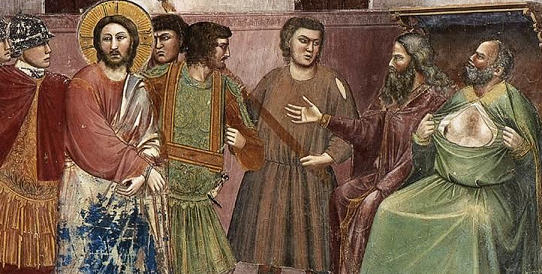
At the end of December, 1990, one of the most significant New Testament-related archaeological discoveries ever made came to light in Jerusalem: the tomb of Caiaphas, high priest in Jerusalem at the time of Jesus’ death. Some of the ossuaries found in the tomb were inscribed with the name “Caiaphas,” the most magnificently decorated of them was inscribed with the name “Joseph bar Caiaphas.”
Jesus and the Essenes

The Essenes’ favorite name for themselves was “the sons of light.” In the Synoptic Gospels the term appears only in Luke 16:8, and the reference is not very flattering. Was Jesus making an ironic reference to the Essenes?
The Role of Women in the Temple
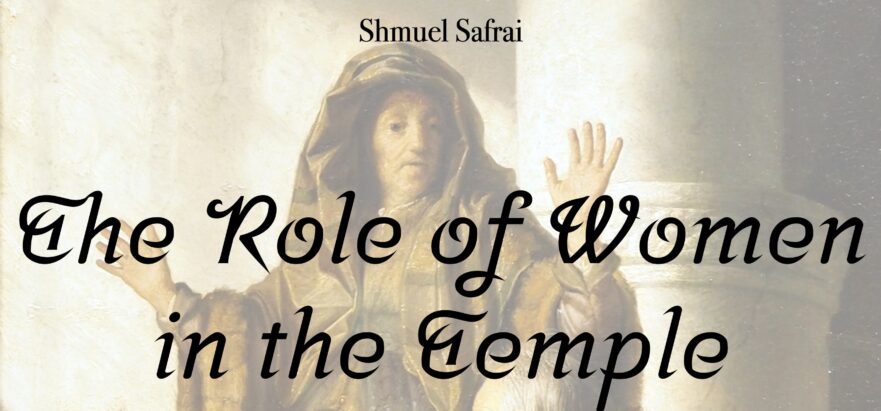
According to Jewish religious law, women were allowed in every area of the Temple precincts in which men were allowed.
John the Nazirite

The Mishnah seems to indicate that the vow to abstain even from specific parts of the grape implies acceptance of the entire nazirite regimen. According to Nazir 1:2, even if one vows: “I will abstain from eating grape seeds and grape skins…, he becomes a nazirite.”

